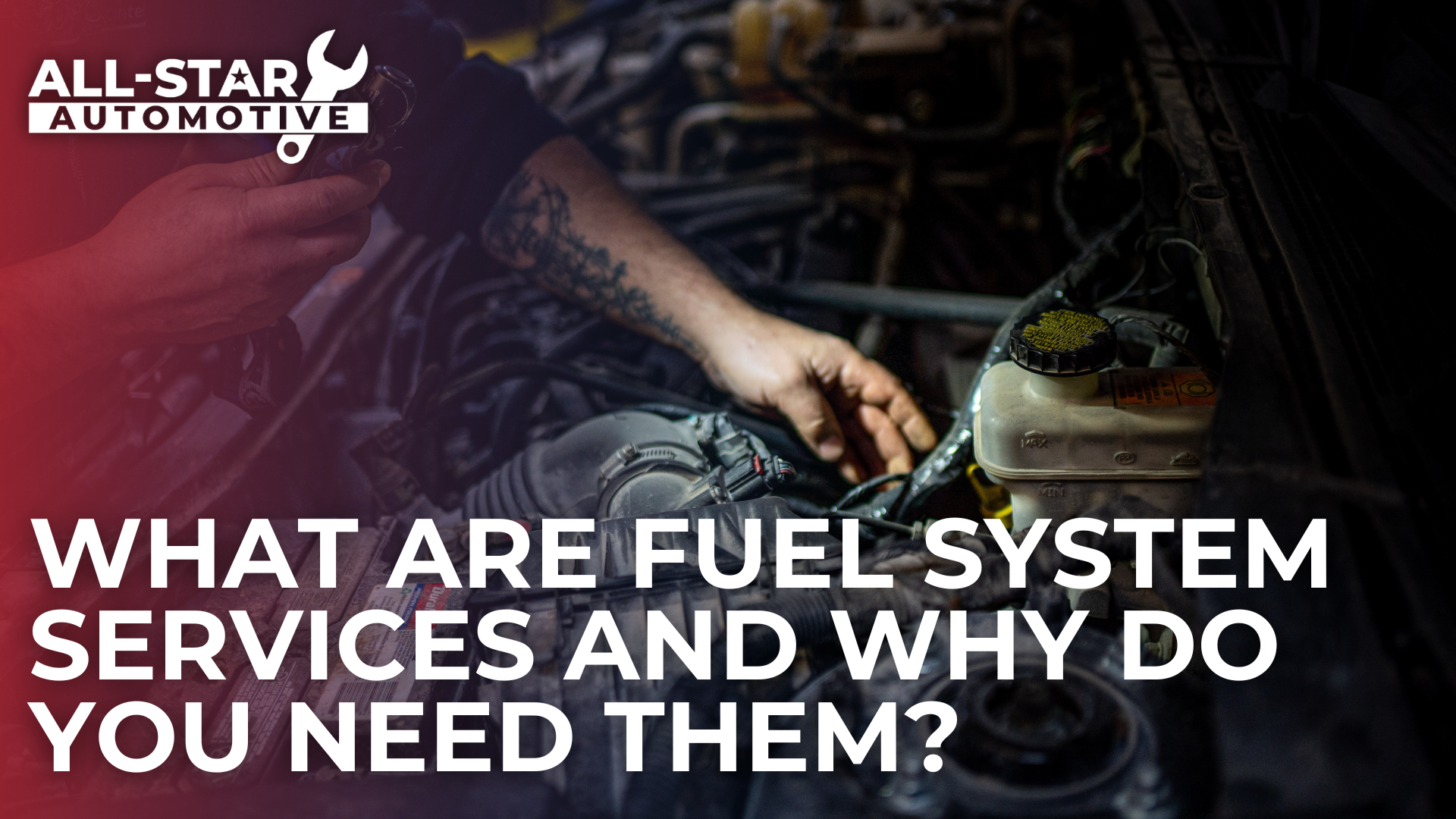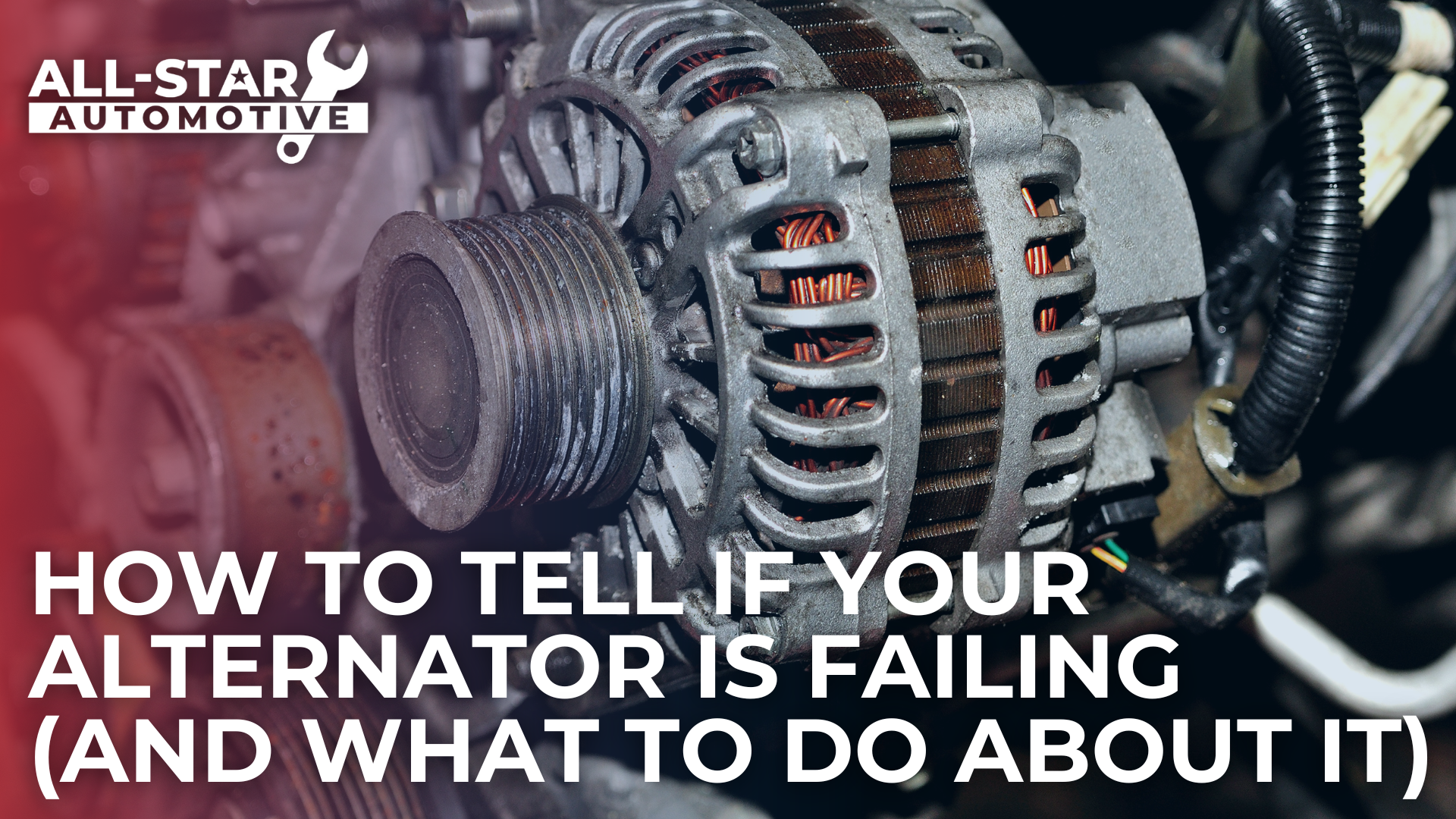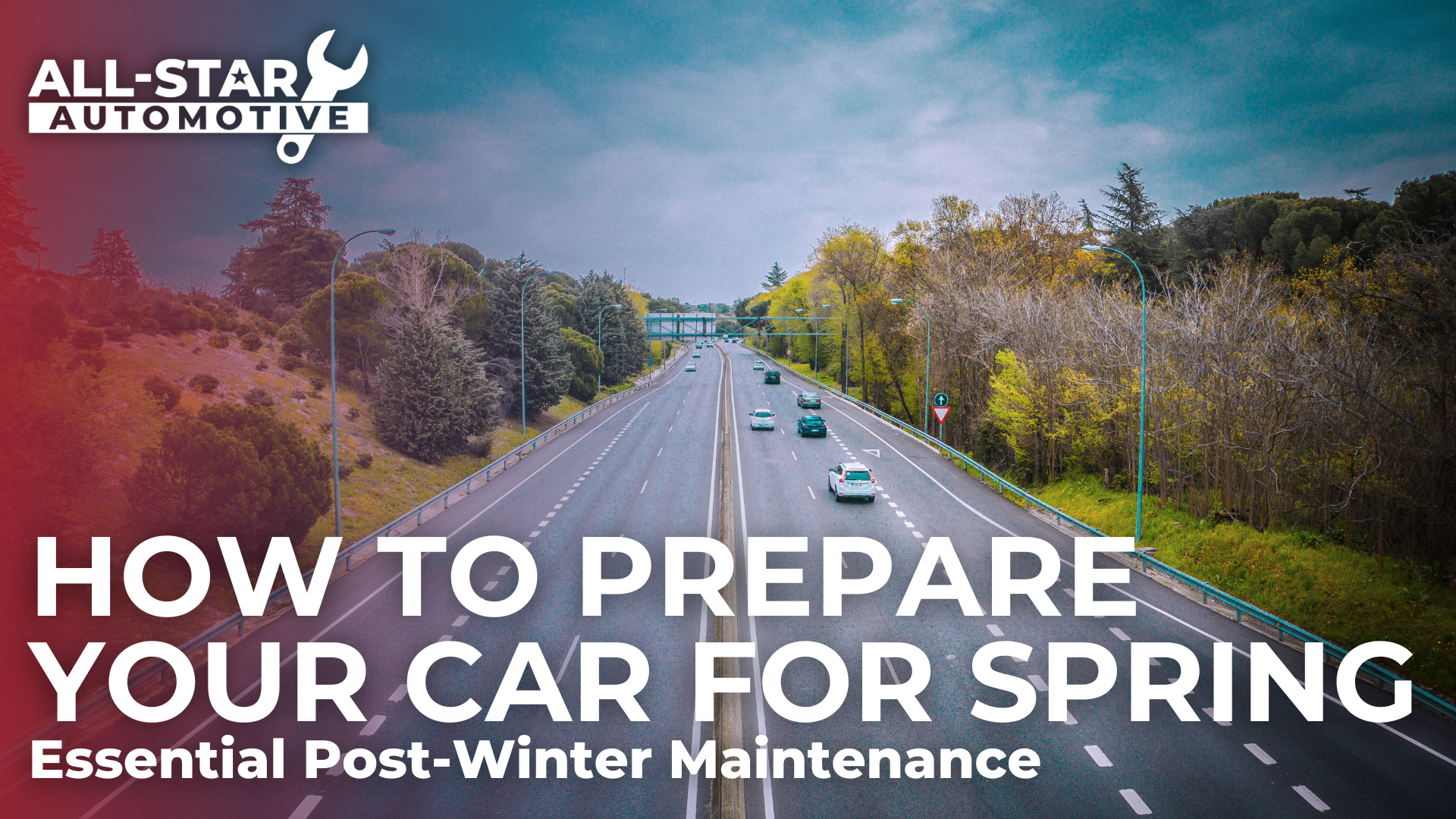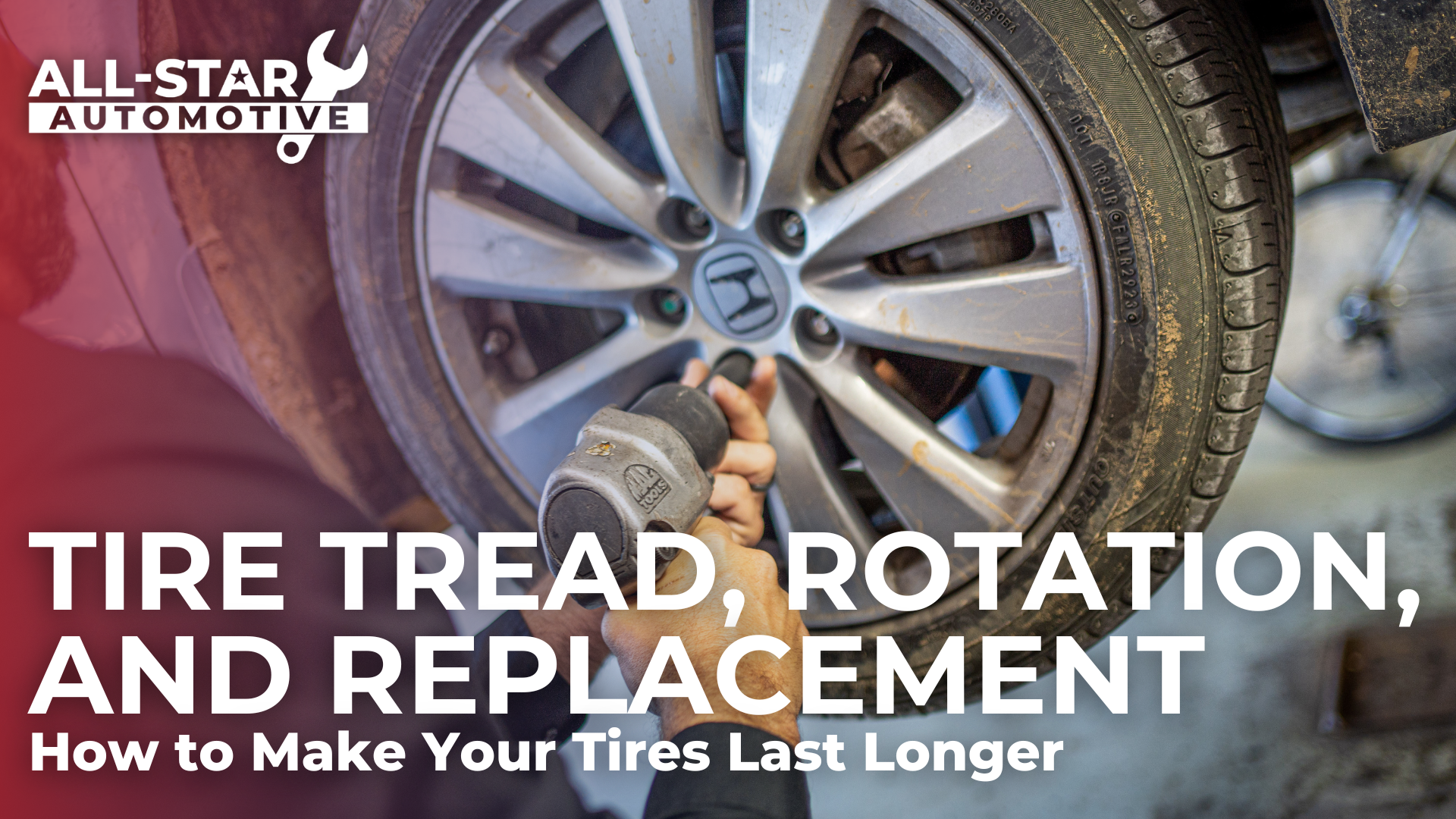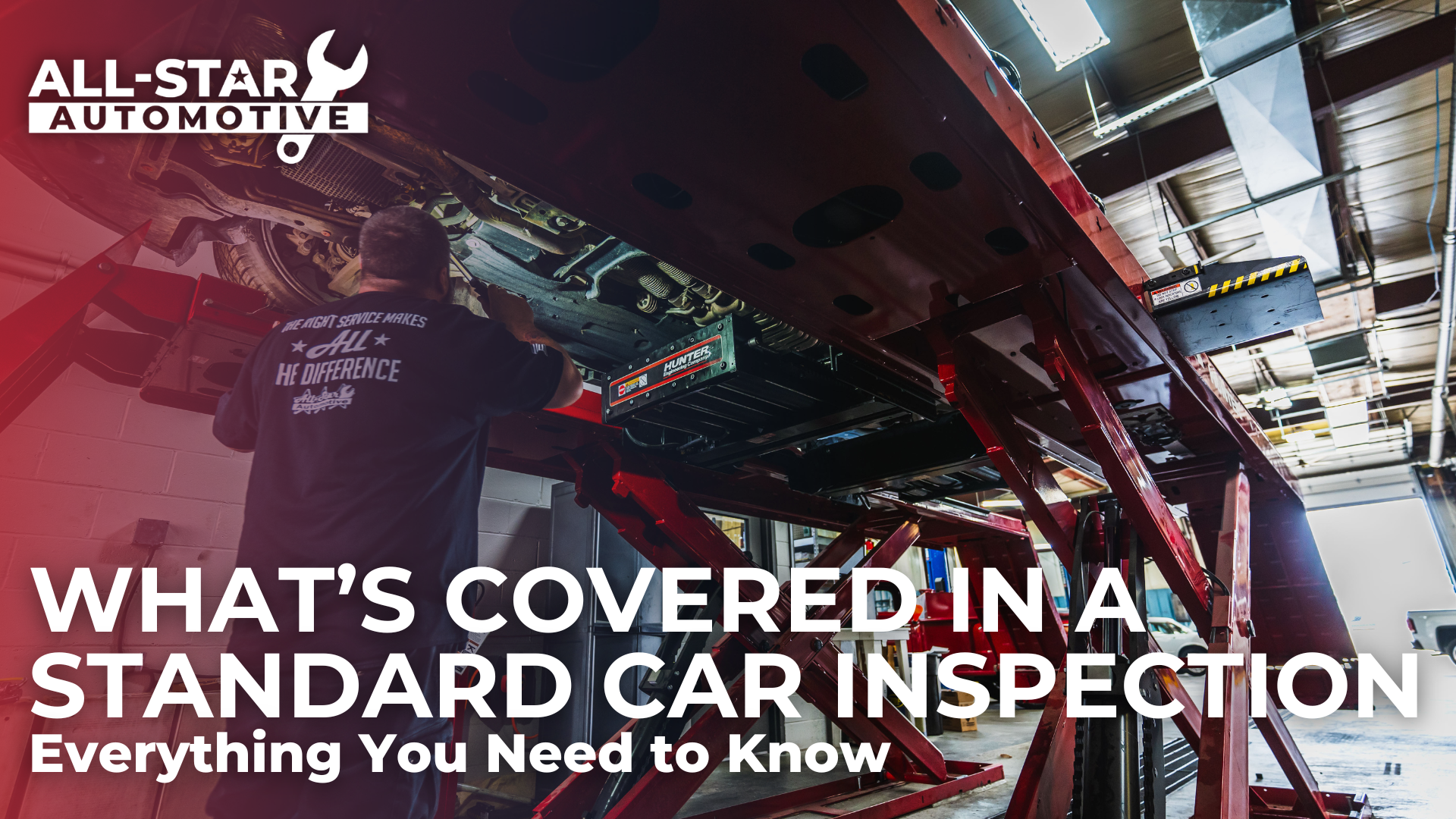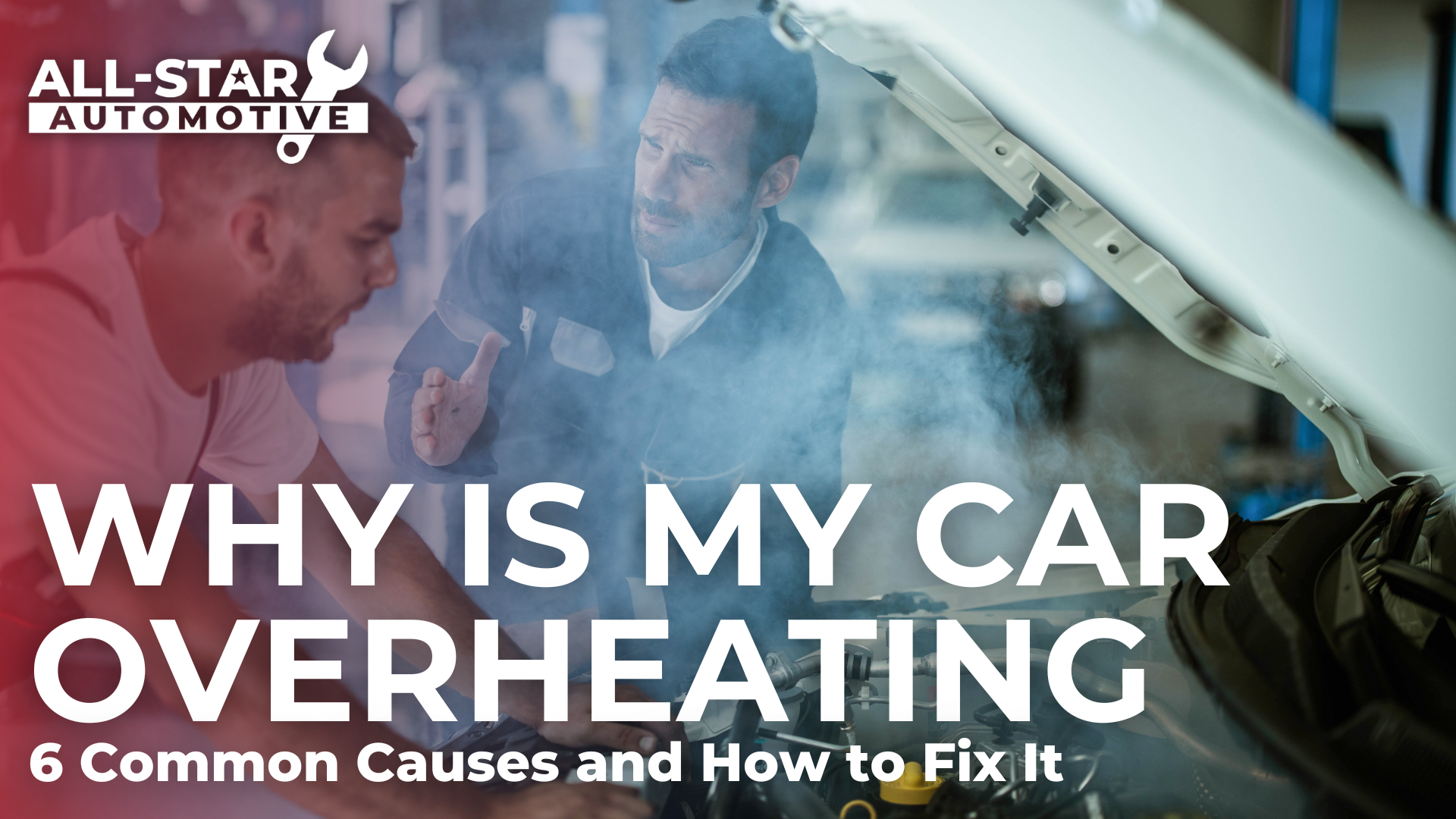Winter Weather and Your Vehicle: Key Issues to Watch For
Winter weather can take a serious toll on your vehicle, and it's essential to address potential problems early to avoid costly repairs and safety risks. From icy roads to freezing temperatures, here are the most common winter-related car issues and how to prevent them.
Corrosion from Road Salt
Road salt is vital for melting ice and snow, but it can wreak havoc on your vehicle's undercarriage. Salt buildup can lead to corrosion and rust on metal components such as the frame, exhaust system, and suspension parts.
Prevention Tip: Wash your car regularly during winter, paying special attention to the undercarriage. This removes salt buildup and helps prevent long-term damage.
Battery Drain
Cold temperatures can slow the chemical reactions in your car's battery, reducing its power and making it harder to start your vehicle. Using accessories like heaters and defrosters further strains the battery.
Prevention Tip: Test your battery before winter begins and replace it if it’s old or weak. Keep jumper cables or a portable jump starter on hand as an extra precaution.
Worn Wiper Blades
Winter weather can cause wiper blades to become stiff and brittle, reducing their effectiveness at clearing snow and ice. Poor visibility increases the risk of accidents.
Prevention Tip: Replace your wiper blades regularly and consider winter-specific blades designed for cold temperatures and harsh weather conditions.
Frozen Door Locks and Handles
Freezing temperatures can cause door locks and handles to seize up, making it difficult to access your car. Forcing them open can lead to damage and costly repairs.
Prevention Tip: Apply a lubricant or de-icer to door locks and handles before freezing weather sets in. Use a silicone-based lubricant on rubber door seals to prevent them from freezing shut.
Tire Pressure Fluctuations
Cold weather causes air to contract, leading to lower tire pressure. Underinflated tires can impact handling, fuel efficiency, and tire wear.
Prevention Tip: Check your tire pressure regularly during the winter and inflate tires to the recommended psi. Investing in a digital tire pressure gauge ensures accurate readings.
Be Proactive with Winter Vehicle Maintenance
Winter driving in Columbia, Missouri, presents unique challenges, but with the right preparation, you can avoid many common issues. At All-Star Automotive, we’re here to help you winterize your vehicle and keep it running smoothly all season long.
From battery testing and wiper blade replacements to tire inspections and undercarriage protection, we’ve got you covered. Don’t wait until a minor issue becomes a major problem—schedule your winter vehicle checkup today and drive with confidence in any weather.
Your safety and peace of mind on the road are our top priorities.
